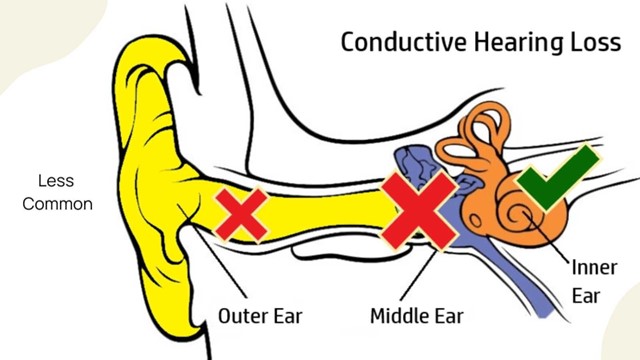Which of the following interventions would be appropriate for a client who has undergone surgery for a disorder and has started shivering?
Place the client on a hypothermia blanket.
Provide the client with warm fluids.
Cover the client with a light blanket.
Ensure that the room temperature is below 70°F.
The Correct Answer is B
Provide the client with warm fluids. Shivering is the body's natural response to try to warm itself up. Providing warm fluids to the client can help to increase the client's core temperature and decrease shivering.
Choice A is incorrect because a hypothermia blanket is used to reduce the client's core temperature, which is not appropriate for a client who is shivering.
Choice C is incorrect because a light blanket may not provide enough warmth for the client who is shivering.
Choice D is incorrect because the room temperature should be kept warm to prevent the client from getting colder and shivering more.
Nursing Test Bank
Naxlex Comprehensive Predictor Exams
Related Questions
Correct Answer is A
Explanation
Hyperkalemia. Confusion, abdominal cramping, racing heart rate, and numbness of the extremities are symptoms associated with hyperkalemia, a condition where the potassium level in the blood is too high.
Hypocalcemia, choice B, is characterized by muscle spasms, numbness, and tingling around the mouth and fingertips.
Elevated urea levels, choice C, may be associated with decreased urine output, fatigue, and shortness of breath.
Elevated white blood cells, choice D, may indicate an infection.
Correct Answer is D
Explanation
Conductive hearing loss occurs when there is a blockage or damage in the outer or middle ear, which prevents sound from reaching the inner ear. The accumulation of cerumen in the ear canal can cause conductive hearing loss. Sensorineural hearing loss occurs due to damage to the inner ear or auditory nerve, while mixed hearing loss is a combination of both conductive and sensorineural hearing loss. Central hearing loss occurs due to damage in the central nervous system and is not related to cerumen buildup in the ear canal.

Whether you are a student looking to ace your exams or a practicing nurse seeking to enhance your expertise , our nursing education contents will empower you with the confidence and competence to make a difference in the lives of patients and become a respected leader in the healthcare field.
Visit Naxlex, invest in your future and unlock endless possibilities with our unparalleled nursing education contents today
Report Wrong Answer on the Current Question
Do you disagree with the answer? If yes, what is your expected answer? Explain.
Kindly be descriptive with the issue you are facing.
